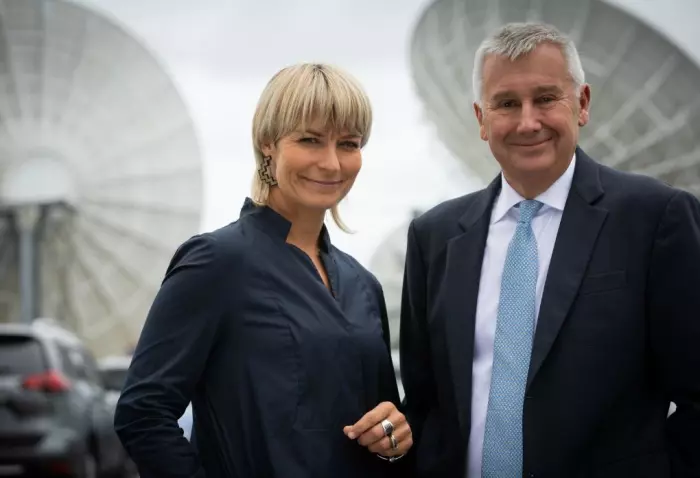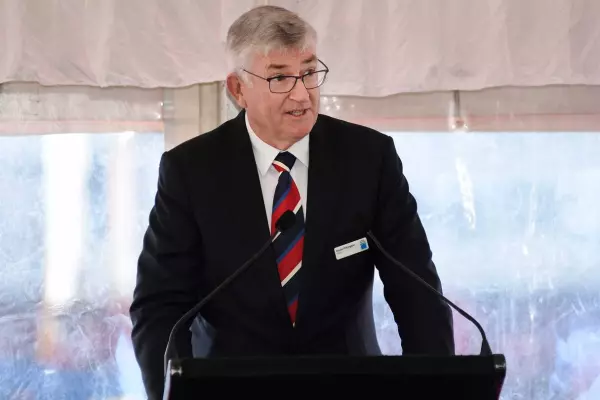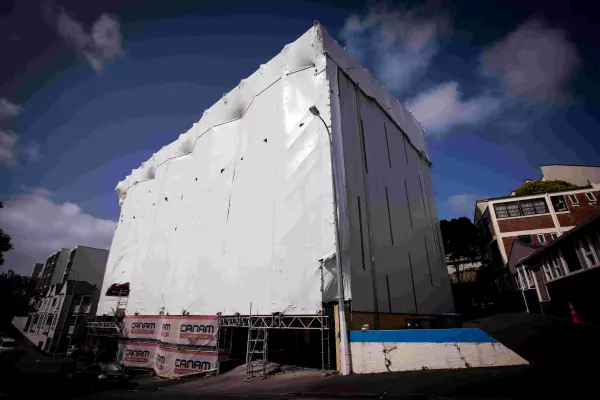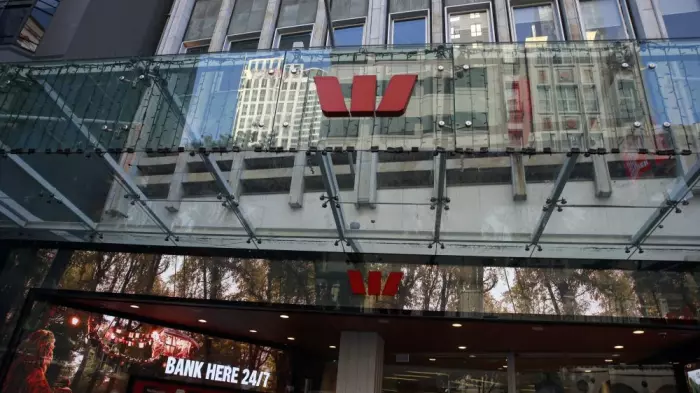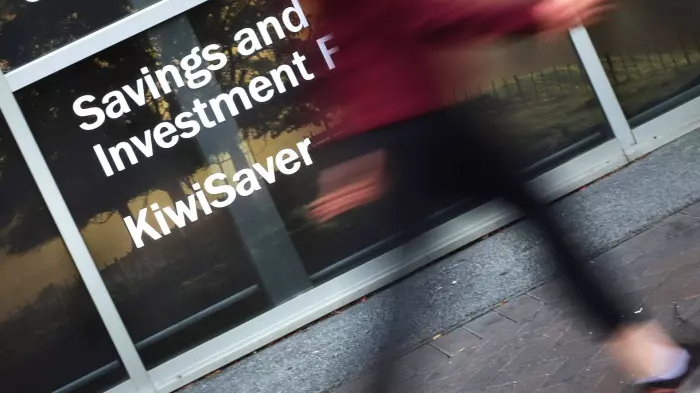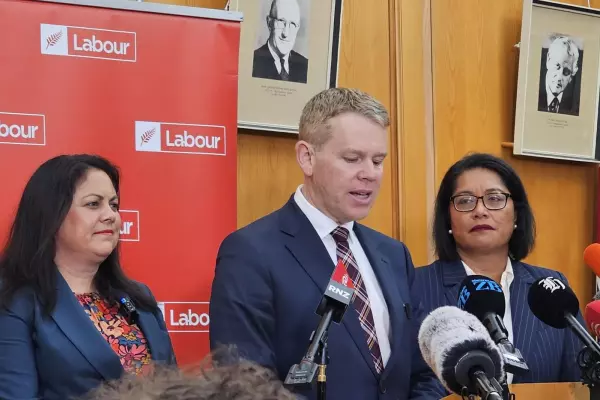Sky TV’s deal to bundle Disney+ as part of its broadband offering shows just how far the pay-tv operator has come in a very short period of time.
There was a time when Sky TV operated as a fortress. It held content so tightly it attracted constant grumblings from those who thought the pay-tv operator held a virtual monopoly over high quality programming and sports and should’ve been regulated.
That’s not to say Sky was a lone traveller in the world of broadcasting. It regularly offered free-to-air deals on the likes of rugby – both TVNZ and TV3 had the delayed rights at different times – and stitching up deals such as the aborted Igloo platform with the state owned broadcaster.
Also, it offered various reseller and bundle arrangements with internet service providers, albeit in a way that left the Commerce Commission uncomfortable at the time.
So there weren’t too many dry eyes when the company’s fortunes reversed as the explosion of streaming content providers took Sky’s management and board by surprise at how quickly things moved.
An unsuccessful attempt to build a vertically integrated content and telco play with Vodafone left the company reeling as it struggled to retain customers, many of whom had grown to resent the price they paid for packages that didn’t suit them.
Spark’s Lightbox and sport forays dented Sky’s ambitions further, as did the growing appetite for streaming services such as Netflix and YouTube. Even local broadcasters got in on the act, with TVNZ and Three developing platforms shifting power to the hands of audiences and algorithms, rather than TV executives.
Protecting the golden goose
Sky’s problem was that it didn’t want to kill the golden goose of its traditional satellite service by offering a cheaper streaming service offering greater flexibility.
It still doesn’t, but under the stewardship of Martin Stewart and successor Sophie Moloney, it appears to have shed much of the inertia that plagued it through the second half of the 2010s.
Now Sky is pitching itself more as Sky & Friends (with benefits).
It has extended deals with NBCUniversal and Discovery in recent months, partnered with Vocus on its broadband service, got Disney onboard in an exclusive reseller arrangement, and even cut a deal with Spark where their competing sports offerings were sold as a bundle.
Moloney says exclusivity is now too expensive and shared arrangements are the new content paradigm.
Rugby remains the key to Sky’s fortunes, but that’s not to say the deal with Disney+ isn’t powerful. When the Disney monster unleashed its streaming platform on the world with its vast library of content, many people questioned whether there was a place for the likes of aggregators such as Sky.
That became even more pronounced when WarnerMedia’s HBO – a key component of Sky’s entertainment offering – started pitching its own streaming service HBO Max.
Content producers had tired of letting distribution networks clip the ticket, but they underestimated the inconvenience of having to deal with mass audiences.
A new world
Netflix showed the way and having stolen a march on all comers has more than 200 million subscribers worldwide. Disney has gained more than half that in a much shorter timeframe.
So how can Sky compete?
The short answer is it can’t. And it probably shouldn’t.
That’s because there’s an appetite for aggregators as subscription fatigue starts to set in. Audiences have ditched radios for Spotify, TV for YouTube and newspapers for Facebook and the competition for their attention is intense.
Which underlines the value of reviving aggregator platforms such as Sky. That was among the reasons why Hong Kong’s Black Crane Capital built up a 5% stake in the Kiwi media group last year, buying shares as the price tanked.
People have pooh-poohed Sky’s foray into broadband, but its offer is sharp at about $80 a month (provided the customers also have a Sky subscription) and the benefit of bundling utilities has a long history.
And for Sky, if it can convince the likes of Disney to add its heft to the bundle, it may also convince some of those lost customers back as well.
One thing Sky has always been good at is identifying what content attracts an audience. Also, under Stewart, it also showed a willingness to walk away from paying too much.
It also knows where it has to be willing to pay above the odds, and the equity component of its deal with NZ Rugby was a novel way to tie the rugby union to the media group’s fortunes before the sports administrator goes it alone in building its own platform if it goes ahead with the $387.5m Silver Lake deal.
The chances are more aggregation deals are on the cards, with HBO’s licensing deals with UK Sky a good indicator it will seek a similar deal on this side of the world.
Sky NZ might not be a growth play anymore, but it doesn’t seem like its death knell will be tolling any time soon.


